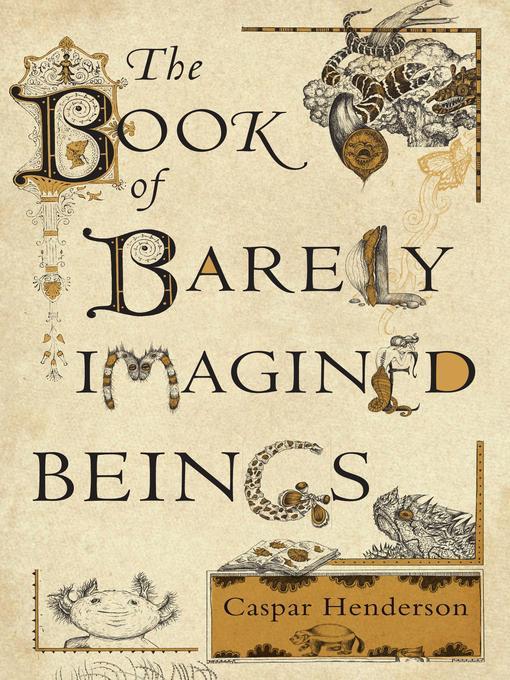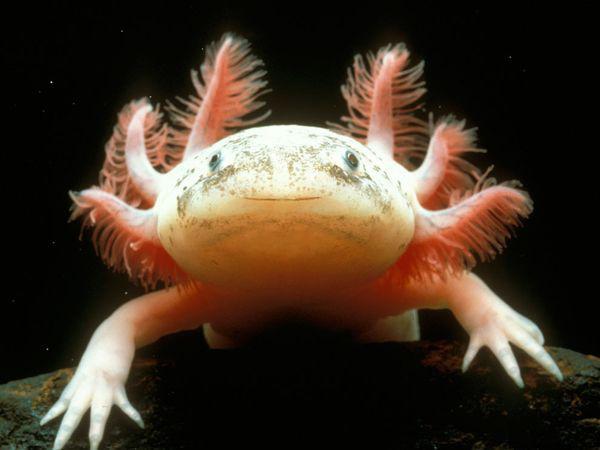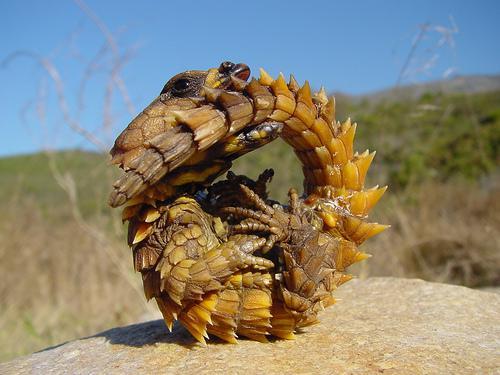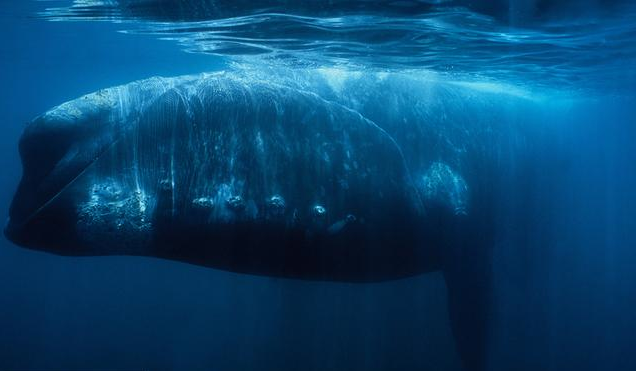[](https://cdn.ecohustler.com/media/2019/03/19/barely-imagined-beings.jpg)As centuries pass by, the mass of works grows endlessly, and one can foresee a time when it will be almost as difficult to educate oneself in a library, as in the universe, and almost as fast to seek truth subsisting in nature, as lost among an immense number of books. - Denis Diderot, Encyclopedie, 1775 The world is full of magical things patiently waiting for our wits to grow sharper - Bertrand Russell It’s a fact: human beings are self-obsessed - to the point where we actively deny the existence of most other species on Earth. We spend our time in homes, schools, offices, factories and cities where most other life forms are excluded. For recreation, we sit in front of screens watching humans mirroring what we do in our own lives. We are fascinated by any minor fluctuation in type: Who's the prettiest? Who's fattest? Who can make the sweetest hoot? Who cares?! The minutiae of human behaviour is rarely as interesting, as the exuberant, cascading variation of the other creatures inhabiting our planet. To see through solely human eyes is to miss the majesty of creation.  'W' - Waterbear - can hibernate for 100 years and survive 10 days, unprotected in space. There are 750 species on Earth living in every conceivable habitat from ice shelves to hot springs.
There are critters that can go into a self-induced coma for one hundred years. Others see the planet's magnetic field and use it on endless journeys; dolphins see with sound and whales use ocean trenches to increase the range of their love songs.
Within his book, The Book of Barely Imagined Beings, Caspar Henderson turns us on to the natural world. This extraordinary and exotic book is a hugely important work. Superficially, it can be enjoyed as an expose of the many weird and wonderful creatures we share our planet with. But it is also a profound journey during which we have opportunities to speculate on the much bigger questions: the origins of life, the purpose of consciousness, the destiny of technology and the prospects for human existence beyond our biosphere.
 'A' - Axolotl - able to regenerate entire severed limbs. Argentine writer Julio Cortazar imagines a character staring at one for so long that he becomes one
SUPPORTED BY HEROES LIKE YOU
Support independent eco journalism that drives real change.Henderson skilfully amazes us as we work through his treasure-trove of beasts from A-Z (Axolotl to Zebrafish) with unique oddities of extraordinary creatures. However, his genius lies in unravelling how our ‘being-ness’, or our humanity, emerges from other species. In each chapter he draws us back to the meta-narrative that binds all life, woven over billions of years. There is something to learn from every minutiae of wildness around us, and digging into the deep ecological, natural history of our species helps us understand who we are, and why we are.
Interacting with the natural world draws us profoundly into existence. Henderson segues into rumination on humanity’s perennial fear of dying -“a tragedy of cognition” which we may not share with simpler species, describing it as “a looming presence, a lurking, silent interlocutor behind a bewildering variety of masks, with whom we have an intermittent but unending dialogue with in our heads.” He draws on Russell and Hume to boost morale, and quotes Blake as he describes death: “the dark secret love of the invisible worm sickens and destroys the rose”, and as he accesses the ‘eternal now’ as its sublime defiance: “He who kisses the joy as it flies, lives in eternity’s sunrise.” Agonisingly, as the pages of the bestiary turn, the dull horror returns; many of the most exciting and unusual species we share the planet with are threatened with imminent extinction and most of us haven't even heard of them, let alone been in their presence. In chapter “L” Henderson recounts a deeply moving encounter with a Leatherback Turtle. “The animal is vividly alive in a realm that is largely beyond our reach and our imaginations. Later I recall a phrase from Zhuangzi: “all the creatures in this world have dimensions that cannot be calculated”” Being with a giant mother laying eggs affected him profoundly as does the realisation that their populations are decimated in myriad thoughtless ways.  'N' - Nautilus - secrete tiny laminations inside their shells in relation to the lunar-tide cycle. Ancient shells have fewer laminations per chamber revealing the shorter days of antiquity (21 hours)
Henderson’s discourse demonstrates the biosphere still shimmers with ancient mystery. Nautilus still rise up to the moonlit ocean surface now as they did 500 million years ago. But it also laments that time is running out and each species lost is the passing of ancient and irreplaceable knowledge. He draws on the analogy of archaeologists grimacing as they think of the library at Alexandra burning down 2000 years ago. It may have contained 500,000 scrolls which at the time may have represented a large proportion of externalised human knowledge. In comparison, biologists tell us we may lose 95% of other species on Earth - millions of species, each with unique dimensions of existence. This rarely makes the news, let alone influences how we live. [caption id="attachment5360" align="aligncenter" width="500"] 'T' - Thorny Devil - has a hydroscopic body drawing moisture from dew and rain to its mouth by capillary action allowing it to survive in arid deserts_
The Book of Barely Imagined Beings itself is analogous to a living process - wild, diverse, mysterious and self-organising. The conclusion is one in which “nothing is concluded.” How could it? Life is a process and we are living it. Our response to the book is the ultimate epilogue. Of course, Henderson’s urgent call is for us to wake up from our shared, mass-hallucination and see that value on our planet lies not in gold, gadgets nor gimmicks but in the broiling exuberance of the biosphere. Our hope must be that poignant works such as this connect with enough people to change our relationship with the natural world - before it is too late. We are at a point where trying to extract more from nature will be deathly. In contrast, deepening our relationship to nature and cultivating our earthly paradise can be our salvation. The Blog of Barely Imagined Beings  'S' - Southern Right Whale - “males compete not by fighting but by trying to out-compete each other… in the sheer quantity of sperm that they pass to females in frequent and promiscuous couplings from their prodigious testicles (each about half a tonne)"



